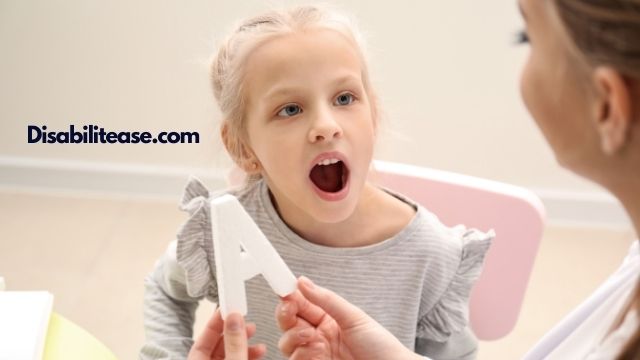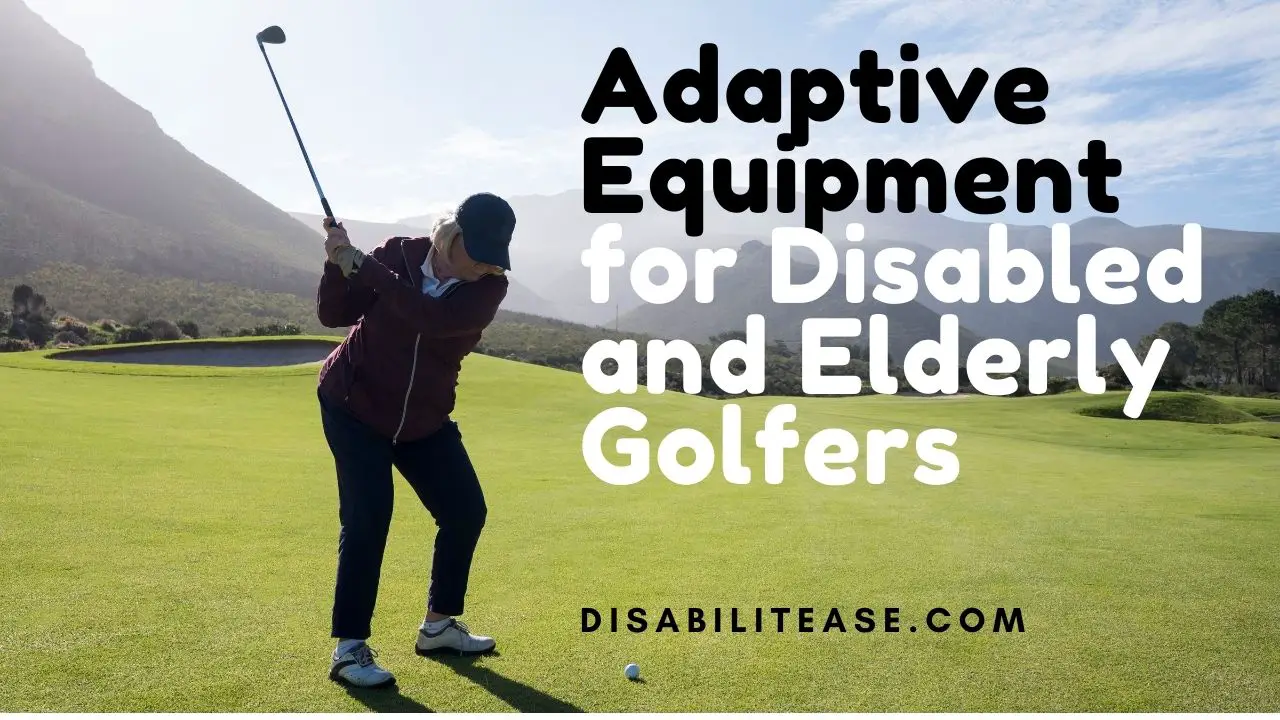Dyslexia is a learning deficit within the brain that affects the ability to read and write letters, words, and digits effectively. It also accompanies a weaker working memory making quick problem-solving and communication more difficult.

There is a common symptom of Dyslexia that affects individuals with all types of Dyslexia; restricted working memory. Working memory plays an essential role in how quickly a person can understand, memorize and absorb new information.
Here is a related article that might interest you on the 4 Best Fonts for Dyslexia in Google Docs and Microsoft Word.
As someone with impaired working memory, individuals with Dyslexia have a hard time catching new information thrown at them.
This can affect speech in multiple ways including:
Table of Contents
Understanding
Various studies have found that the thinking, memorizing, and understanding abilities of dyslexic individuals deteriorate with each additional information. This means they may do well in responding when small pieces of information are thrown at them but start to struggle with more complex inputs.
For this reason, their speech is usually affected when they are dealing with a complex topic or question. The leading cause of poor speech in such a case is their inability to process all the questions or topics in the first place. After all, they cannot form a proper response if all the elements of the conversation are not understood.
Extracting Information
Another common reason for poor speech in affected individuals is their inability to concentrate on important information and extract the key meaning from a conversation.
An individual with Dyslexia will generally speak very well, and most possess exceptional thinking and problem-solving skills.
However, when dealing with new information, they need time to extract details and make sense of it. For this reason, they are not very good with speech only when an unfamiliar topic is introduced to them.
In such a case, their speech will be greatly delayed. They may even skip some vital information, fail to understand the main question, and properly engage in a conversation.
Responding
Compounded by the inability to understand and extract information, the final response is affected the most. Forming a concise, fluent, and relevant response can be especially difficult as one struggles to find the right combination of words to convey their idea.
Their response can also drift away from the initial conversation or debate as their implicit memory only allows minimal retention of short-term information.
It’s important to remember that all the challenges mentioned above usually happen due to working memory deficit. Individuals with Dyslexia are not inherently bad at understanding, extracting information, and responding in everyday instances.
These challenges only occur when time pressure, information, and implicit problem-solving are introduced.
Delayed Versus. Effective Speech
We have already discussed how speech can be delayed due to working memory overload. However, there are other ways individuals with dyslexia struggle with speech; making it expressive, concise, and compelling.
Types of Dyslexia
Before we can see how Dyslexia can impact speech, it’s important to understand its different subgroups and the pertaining symptoms.
Auditory Dyslexia
Auditory Dyslexia occurs when an individual is unable to understand the sounds that each letter and digit make. This ability to effectively spell out different letter sounds is called phonological awareness.
Individuals with dyslexia lack this ability and therefore find it hard to spell out different words. Another challenge individuals with auditory dyslexia face include properly sequencing the different letter sounds in a word.
For example, they may be able to spell out the letters “d”, “a”, and “y” individually but find it hard to spell out the word “day”. This specific deficiency is further highlighted in cases of longer and more complex words such as “alphabet”, “arithmetic” or “calculation”.
Visual Dyslexia
Visual Dyslexia affects a person’s ability to understand different shapes, symbols, and lines. Because letters and digits are also made up of different shapes and lines, decoding these is also highly effortful for affected individuals.
Another problem individuals with visual dyslexia face are letter reversal and confusion with similar words. For example, they may find it hard to differentiate between mirrored letters such as “b” from “d” or “p” from “q”. They also often confuse words with the same letters in different sequences, such as “dam” and “mad”.
Since individuals from different subgroups show different symptoms, one subgroup suffers more speech difficulties than the other. As can be expected, Auditory Dyslexia has more complications with spelling out words, especially sentences. Some everyday speech deficits present widely in Auditory and mildly in Visual Dyslexia are explained below:
- Affected individuals may have difficulty finding the perfect word for their given speech. These “perfect” words refer to words that can vividly and powerfully explain what they want to say. This is present in almost all cases of Dyslexia. In such a case, the individuals will show excellent speaking, conversation, and thinking skills but might lag in properly articulating their idea.
- In some studies, individuals also showed signs of delayed retrieval where they knew the perfect word in their mind but couldn’t spell it out during conversation. They may be able to visualize a word or a picture associated with that word but forget how it sounds. This can lead to a vague and weak conversation where the essence of their idea is not delivered.
- A typical early sign of Dyslexia in children is partial pronunciation. They often struggle with adequately pronouncing their R’s, L’s, M’s, and N’s. They may pronounce “red” as “wed” or “green” as “gween”. However, this is less common in adults and teenagers.
- Another problem dyslexia causes are mess-ups with multi-syllabic words. For example, “animal” may be spelled out as “aminal” and “magazine” as “mazageen”. This can happen during both reading and speaking activities.
Treatments For Dyslexia-Related Speech Difficulties
Most of the speech errors common with Dyslexia are related to phonological awareness. Speech-language pathologists are a popular choice of most educationists and psychologists to treat delayed and immature speech. They are well-trained in phonological teaching skills and can teach alternative strategies to improve one’s speech.
Another post that will interest you is about the Best Laptops, Kindle, and Tablets for Dyslexia 2022.
Speech therapists must be provided as an early intervention to anyone with Dyslexia to minimize the ripple effect low phonological awareness can have on their academic life.
Speech therapists have extensive assessment and diagnosis knowledge related to both typical and obscure speech difficulties. Therefore, they can provide personalized, intensive support that targets every individual’s unique challenges.

Hi, my name is Eddie, I am a professional trainer specializing in the elderly population and I’m also a website designer. I love training in the gym, going to the beach, traveling, and having good food.
I combined my love for sport and website designing to make “DisabilitEase” whose purpose is to help elderly and disabled people live a more full and active life, have more fun, and enjoy their unique journey despite any disability.



